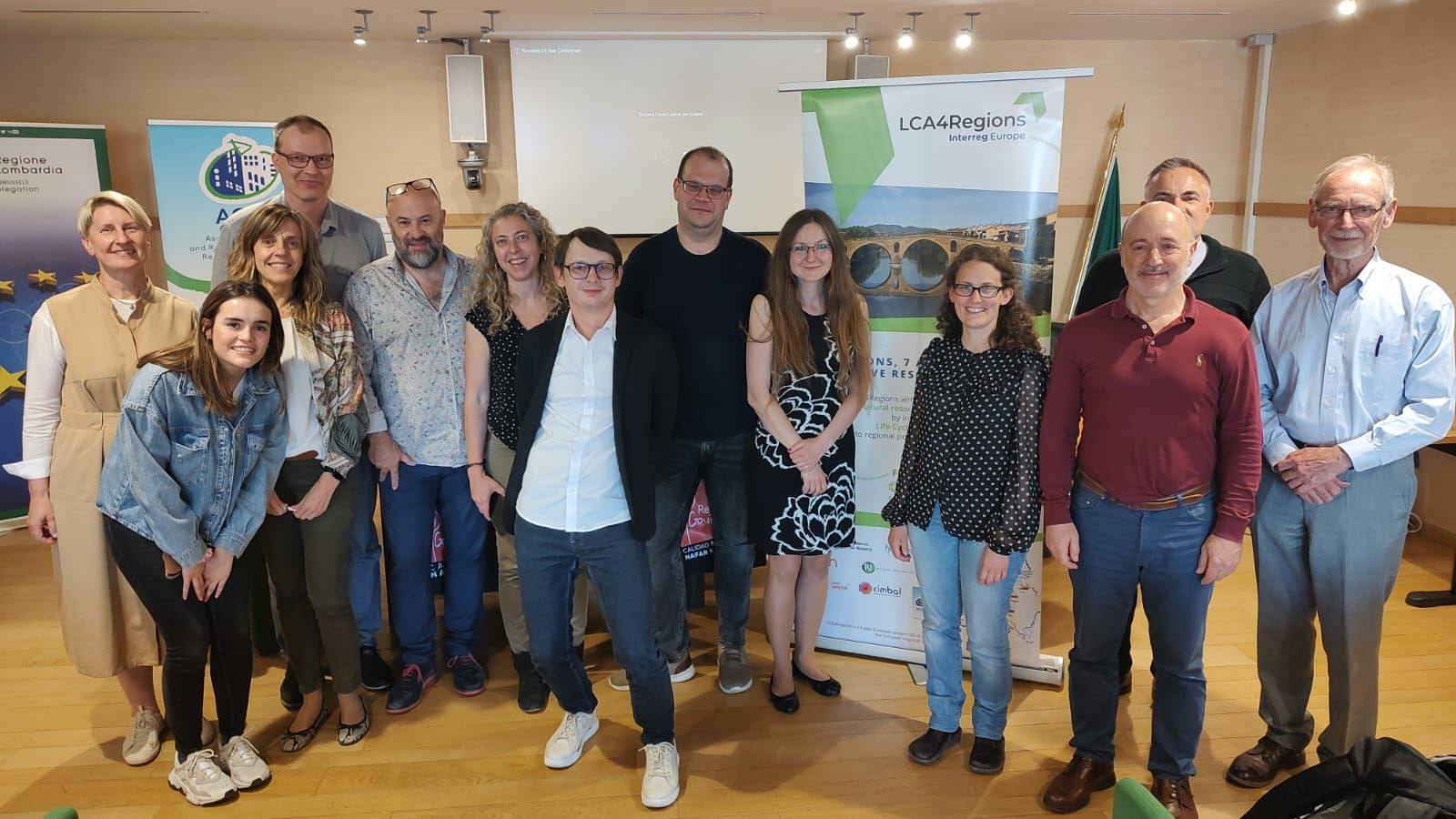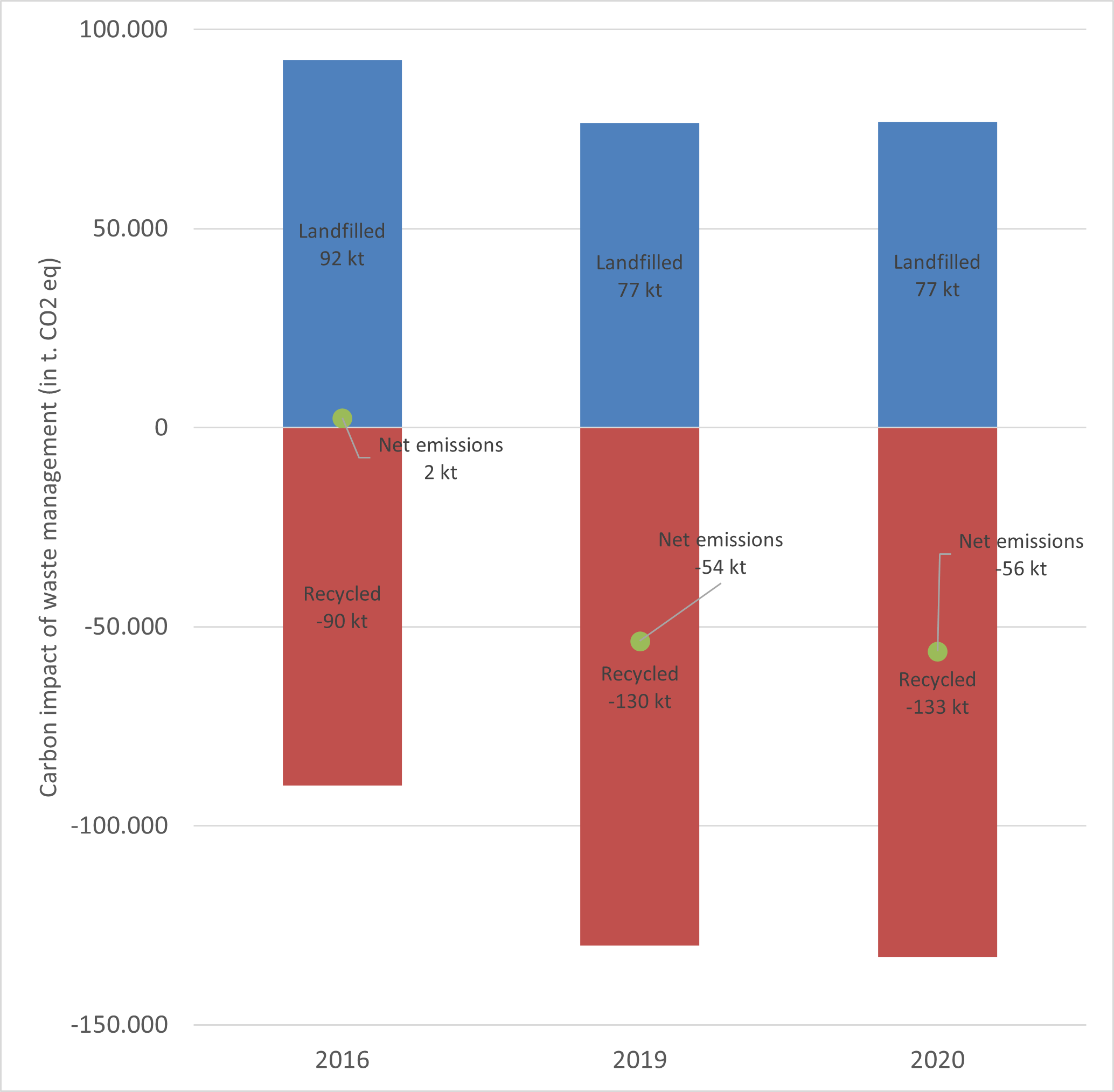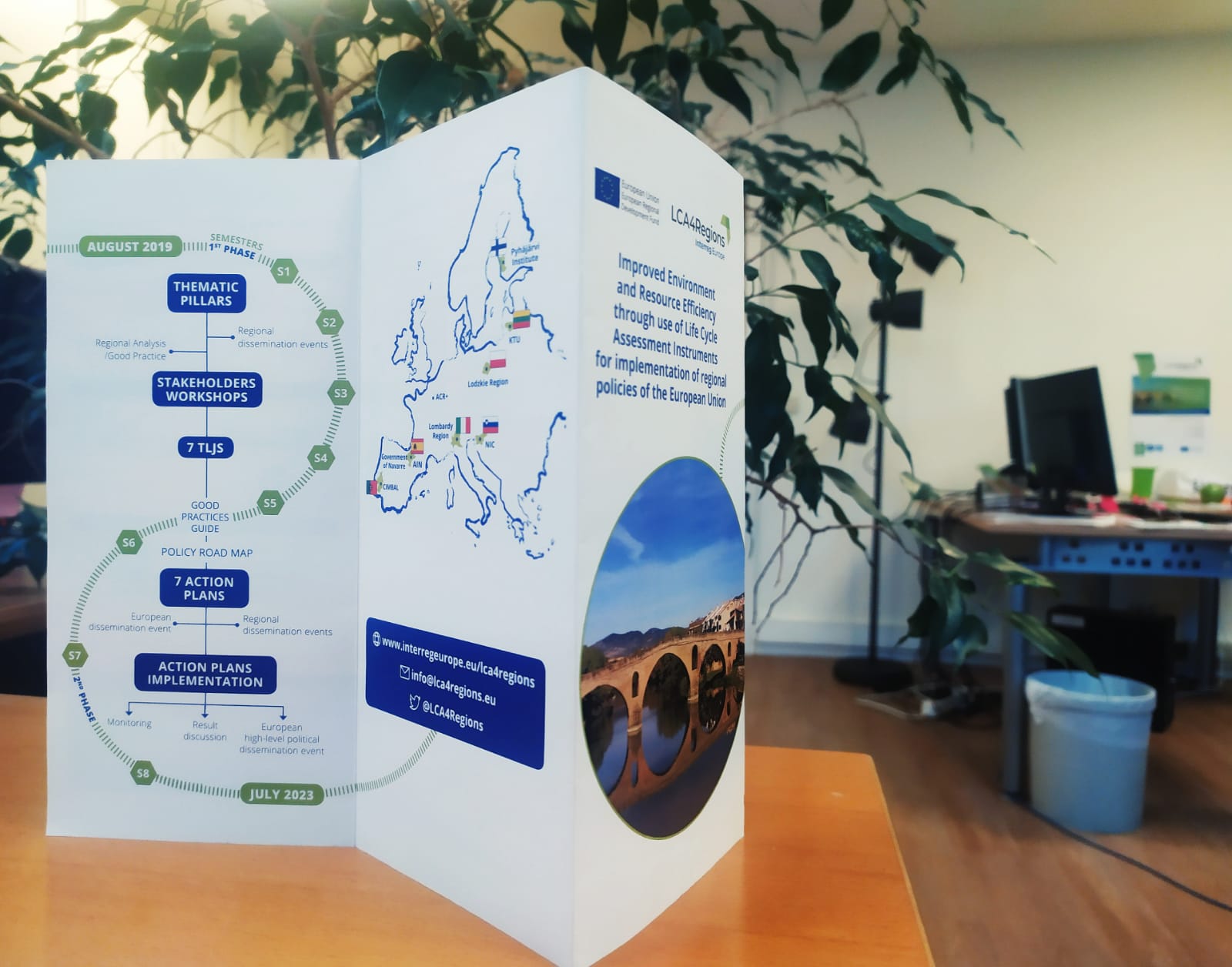Learn more about life cycle thinking for regional sustainability!
Fritz Balkau, expert of LCA4regions, shares his insights on LC in a series of articles. After introducing the importance of life cycle thinking for development and giving an overview of the concept of LCA and its most common form, episode #3 discusses various ways in which LCA results can be used in development-oriented action plans. We already saw how LCA provides an assessment of likely impacts and their consequences. Such a life cycle view allows a system approach to sustainability rather than a limited one-by-one attempt at addressing individual issues. Such a system view leads us towards life cycle management (LCM for short), a series of concrete actions to address the impacts along entire life chain rather than just at a single point on this chain.
LCM transforms LCA into action
Life Cycle Management (LCM) uses the information from an LCA to identify where action is needed at various life cycle stages, who the key players are, and especially which concrete actions could reduce the life cycle impacts. The various stakeholders have different options for action that should ideally take place in a complementary manner. Thus Eco-design (an upstream action) has the objective of developing products that have an intrinsically low ecological and social footprint. Such products are identified to buyers through Eco-labels (see https://www.iso.org/news/ref2273.html ) and other Environmental Product Declarations. Subsequently green public purchasing based on eco-labels or other sustainability indicators provides a powerful vehicle for preferentially selecting products with lower footprints. Some public purchasing bodies develop further selection criteria, sometimes based on Life cycle costing (see https://sppregions.eu/fileadmin/user_upload/Life_Cycle_Costing_SoA_Report.pdf), as for example in Poland.
Finally, end-of-life issues (a downstream action) can be addressed through a Extended Producer Responsibility type programme (EPR), either through voluntary action or in some cases under regulation.
These are not new or exotic practices. In the private sector, Sustainable Supply-chain Management (SSCM) is already an integral part of many operational business strategies. The idea of a company’s product liability is well established. Overall, regional institutions can learn much from corporate life cycle management experience as well as learning from other institutions that have already worked with LCM ideas.
There are many other LCM tools available as the regional good practice reports confirm. The life cycle toolbox developed under the LCA4Regions project shows just a few of these, constantly updated in the light of further experience*.
Just remember – LCA for information, and LCM for action!










